
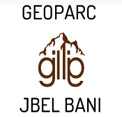
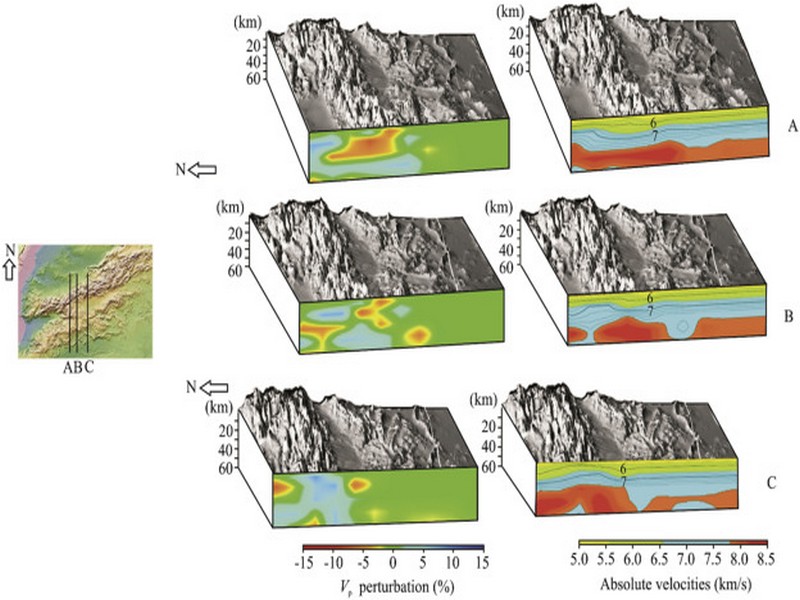
CENTRAL ANTI-ATLAS TRAVERSE: the northern border of the West African Craton
By DR. M. OUKASSOU, DR. H. EL HADI, DR. F. HAISSEN, DR. N. SABER
ITINERARY and OBJECTIVES
The south of Morocco is one of the most attractive touristic areas with diversified landscapes from snowy mountains to desert plains. The High Atlas with his 3000 to 4000 meters forms a major climatic barrier to the Atlantic perturbations, which account for the arid climate of the Anti Atlas sub Saharan domain south of the chain. These regions are occupied by berbere speaking populations with long hospitality tradition.
The two day trips follow most touristic roads and visit outstanding outcrops illustrating a central transect across the Anti-Atlas belt (figures G1 & G2), which corresponds to the external fold belt of the Hercynian (Variscan, Alleghanian) chain, but it also includes large Pan African inliers. The High Atlas formed during the Cenozoic at the expense of an aborted Triassic Jurassic rift. Therefore, three superimposed Wilsonian cycles can be illustrated during the trips. The itinerary will make possible to illustrate the complex geological history of these areas from 2 Ga to present day. Our purpose is to present and discuss various regional and thematic (sediment logical, structural, magmatic and
metamorphic) features, which record the main geodynamical events during this long geological history. Magnificent minerals (erhytrite, vanadinite...) and fossils (trilobites, goniatites...) can be purchased at many places.
During this field trip, the AgdzBou Azzer Tazenakht Agdzloop (figureG3)allows the participants to discover the PanAfrican belt (external platform domain in the Zenaga inlier, ophiolitic suture zone at Bou Azzer), the early volcano clastic cover sequence (late Neoproterozoic), and the mildly folded Early Paleozoic sediments (Cambrian and Ordovician).
Detailed road log for the trip are provided below along with Global Positioning Satellite (GPS) location at each stop. Note that all the stops are on public roads, and that the use of hammers and the collection of rocks are permitted.
Source web: DR. M. OUKASSOU, DR. H. EL HADI, DR. F. HAISSEN, DR. N. SABER sociedadgeologica.es
Les articles en relation
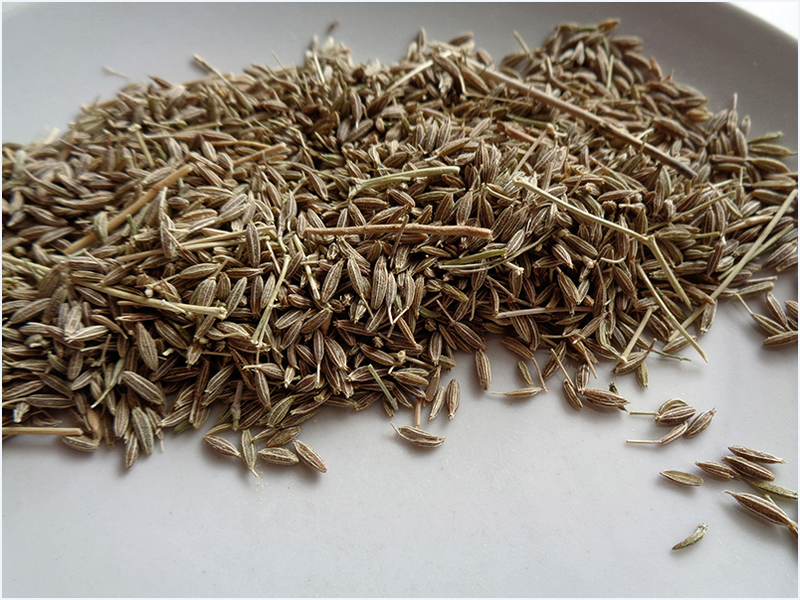
BALADE AU PAYS DU CUMIN ET DU HENNÉ (Géoparc Jbel Bani)
BALADE AU PAYS DU CUMIN ET DU HENNÉ (Géoparc Jbel Bani) DANS LA RÉGION DE N’KOB, TAZZARINE, ALNIF Situé dans la Région Drâa-Tafilalet au sud-est marocain, le territoire de N’Kob
Savoir plus...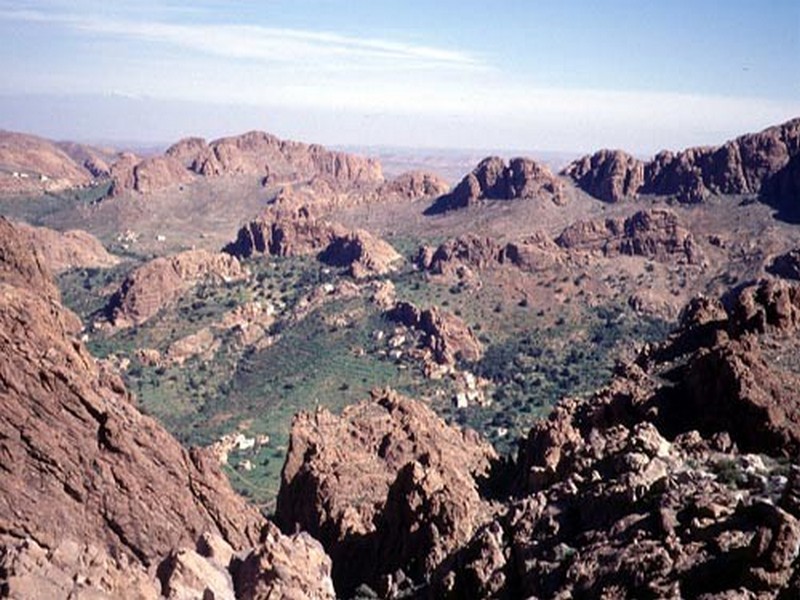
BIOCLIMATS et MILIEU PHYSIQUE (jbel Lkest )
BIOCLIMATS et MILIEU PHYSIQUE (jbel Lkest ) Caractéristique bioclimatique : - Inframéditeraranéen aride semi-aride tempéré au piémont - Thermoméditeranéen semi-aride. -
Savoir plus...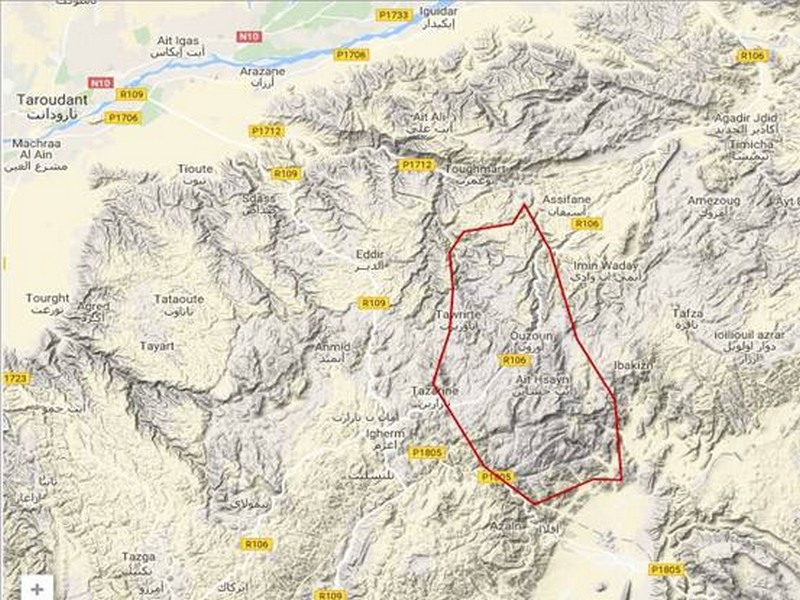
La Tribu Ida Ou Nadif
La Tribu Ida Ou Nadif Histoire d'Ida Ou Nadif Ida Ou Nadif est une tribu berbère. Costumes & Mode Costume traditionnel d'une fille d'Ida Ou Nadif
Savoir plus...
Plantes d’intérieur : conseils et astuces pour l'entretien
Plantes d’intérieur : conseils et astuces pour l'entretien Un intérieur verdoyant et agrémenté de fleurs, c'est agréable. Mais maintenir ses plantes vertes en vie est parfois dé
Savoir plus...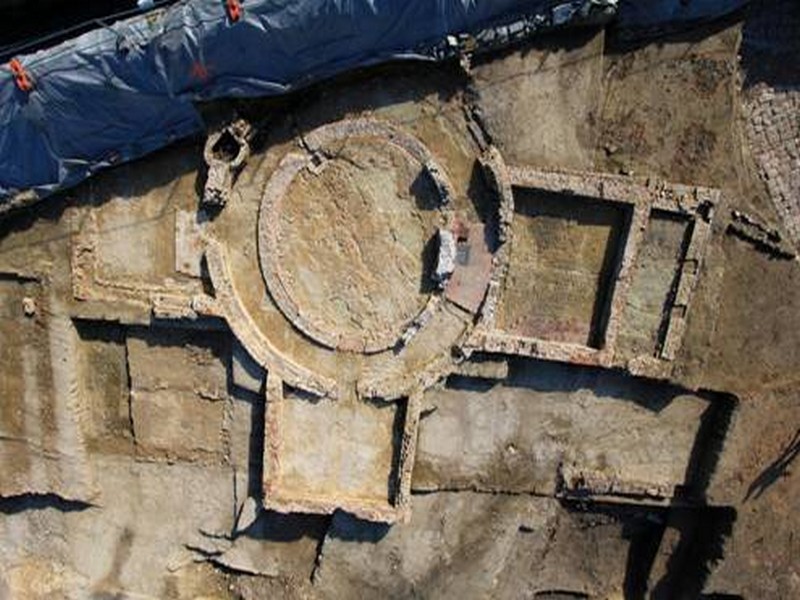
Recherches archéologiques sur les origines de la ville de Rirha /Gilda
Recherches archéologiques sur les origines de la ville de Rirha /Gilda 1. Intérêt scientifique : Le programme de recherches sur Rirha men&
Savoir plus...
L'eau est bien composée de deux liquides !
L'eau est bien composée de deux liquides ! Les étonnantes propriétés de l'eau liquide viennent bien de ce qu'elle fluctue entre deux états distincts, comme le montrent de nouvelles &eacu
Savoir plus...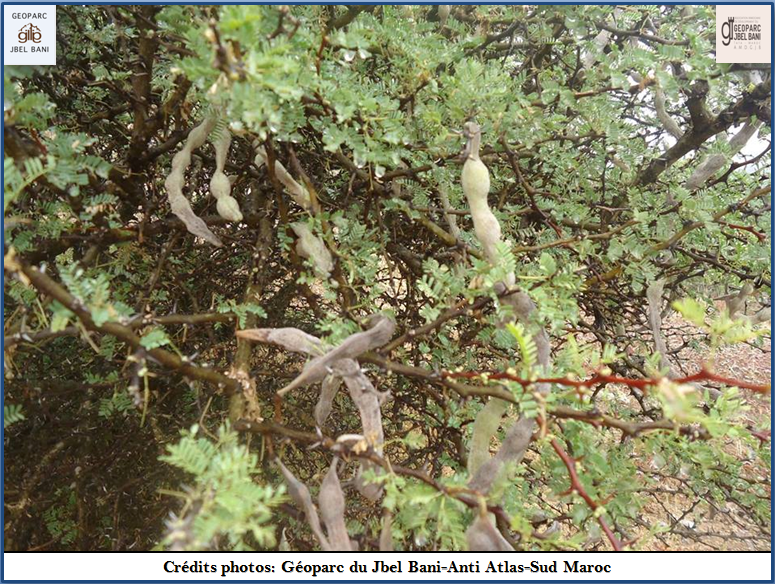
Les accacias du Maroc
Acacias du Maroc Au Maroc, quatre « acacias » existent à l’état spontané: Acacia gummifera, Acacia raddian, Acacia ehrenbergiana et Acacia albida. L’Acacia gummifera « gommi
Savoir plus...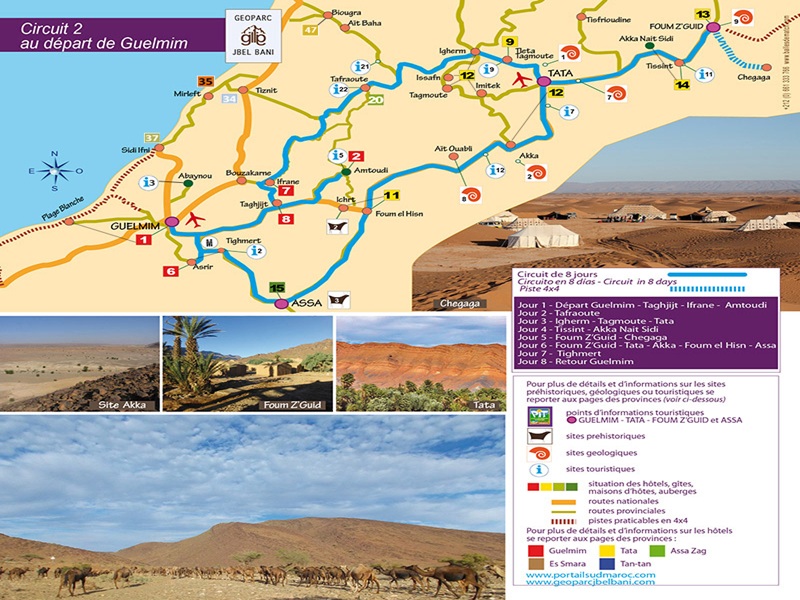
Circuit 8 jours au départ et retour vers Guelmim
Circuit 8 jours au départ et retour vers Guelmim Circuit de 8 jours Circuito en 8 dias - Circuit in 8 days Piste 4x4 Jour 1 - Départ Guelmim - Taghjijt - Ifrane - Amtoudi Jour 2 - Tafraoute Jour
Savoir plus...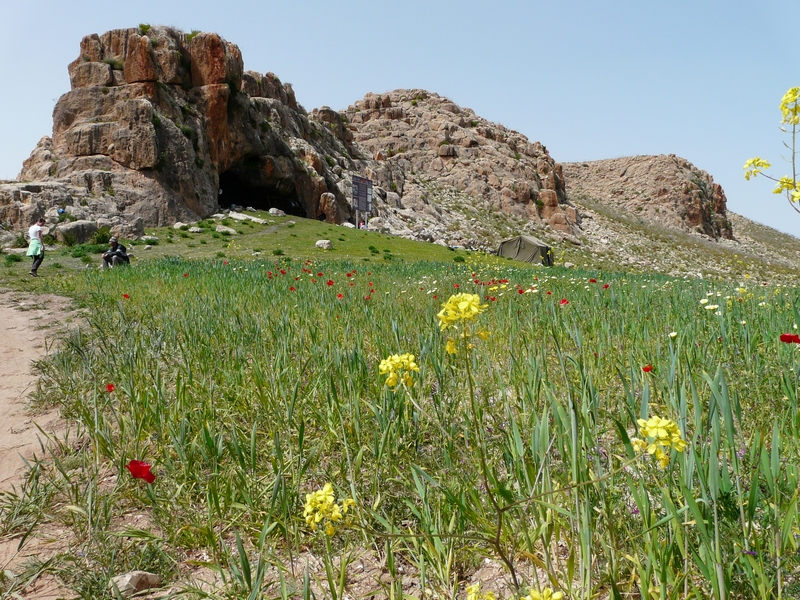
Préhistoire et Protohistoire du Rif Oriental
Préhistoire et Protohistoire du Rif Oriental 1. Intérêt scientifique : Le projet découle de la réflexion de mener une recherche fondamentale concernant la zone du Maghreb méditerran&
Savoir plus...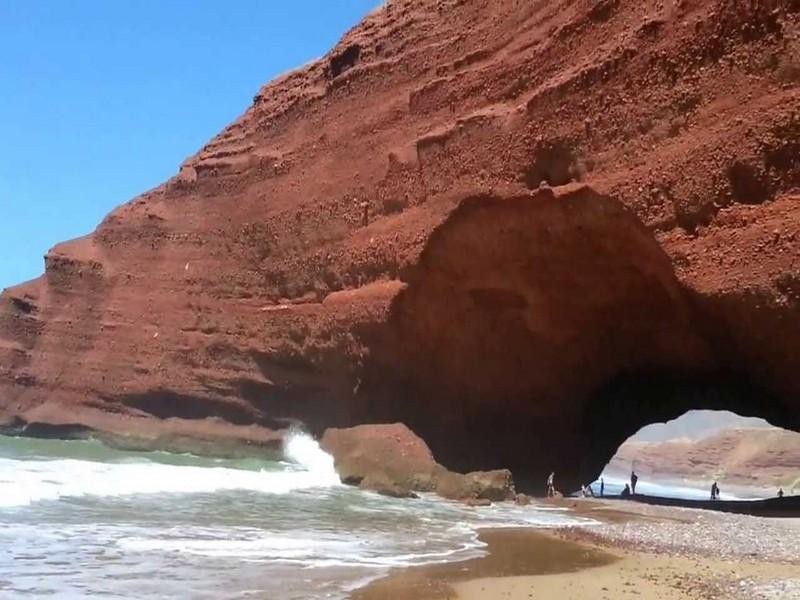
ESCAPADE DE TROIS JOURS À SIDI IFNI (Géoparc Jbel Bani)
ESCAPADE DE TROIS JOURS À SIDI IFNI (Géoparc Jbel Bani) AVEC SIMONE BENHASSI, CONSULTANTE L’arrivée de la belle saison invite à l’escapade vers les grands espaces de notre arrière-pay
Savoir plus...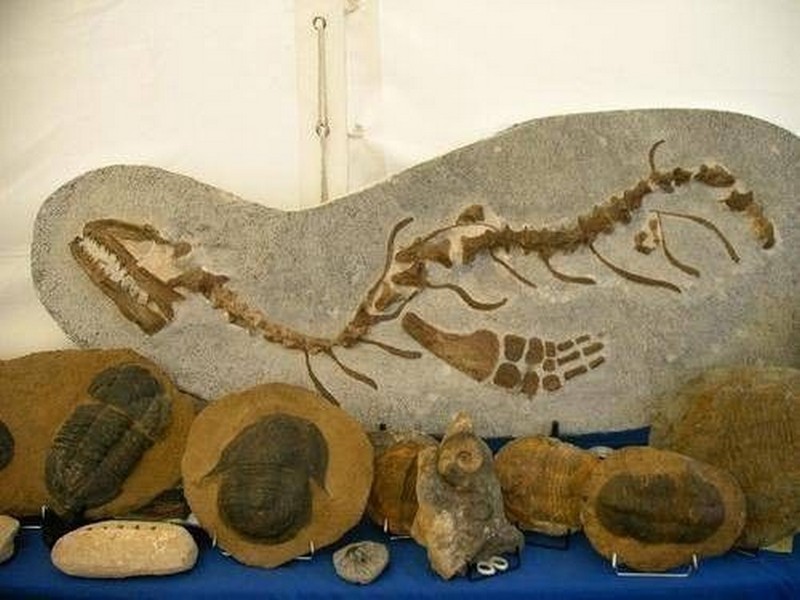
Les fossiles de l’Anti-Atlas (Géoparc Jbel Bani)
Les fossiles de l’Anti-Atlas (Géoparc Jbel Bani) Si le Maroc nous propose des paysages variés, les activités peuvent être tout autant diverses. Trekking, randonnées pédestres, spor
Savoir plus...Les tags en relation
En savoir plus sur " Géologie et TSGJB - AMDGJB ! "
Consulter les vidéos de " Géologie et TSGJB - AMDGJB ! " Consulter les photos de " Géologie et TSGJB - AMDGJB ! " Consulter les publications de " Géologie et TSGJB - AMDGJB ! " Consulter les éditions de " Géologie et TSGJB - AMDGJB ! " Consulter les communications de " Géologie et TSGJB - AMDGJB ! "Recherche du site
Recherche avancée / SpécifiqueVulgarisation à la géologie
Qu'est ce que les sciences de la terre: vulgarisation Qu'est ce que la géologie ? Géologie et TSGJB - AMDGJB !
Géoparc et Recherche Scientifique
Le coins de l’étudiant
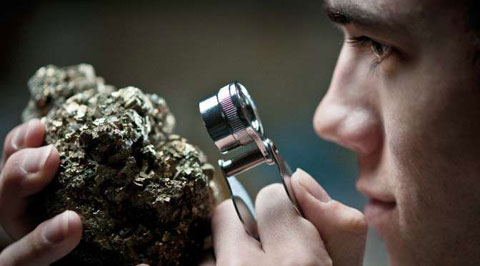

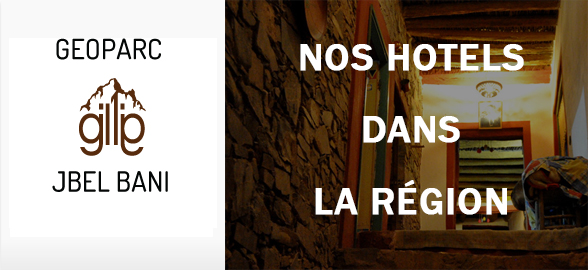
Blog Géoparc Jbel Bani
Dictionnaire scientifique
Plus de 123.000 mots scientifiques
Les publications
Géo parc Jbel Bani
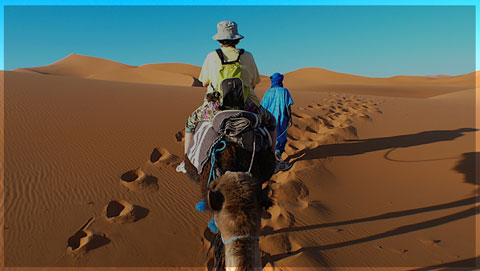
Circuits & excursions touristiques
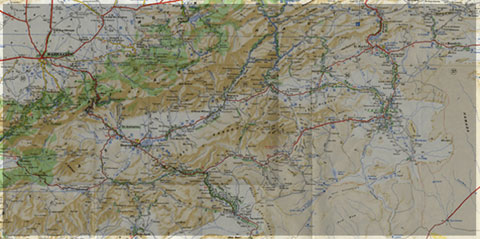
cartothéques
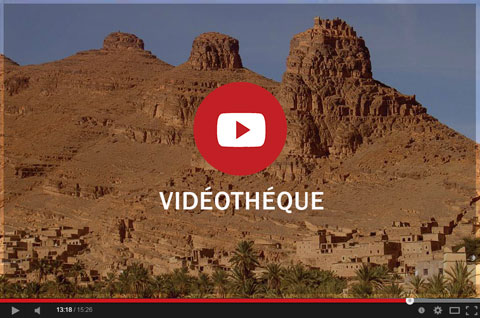
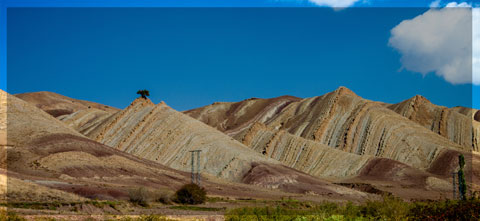
Photothéques
Publications & éditions



